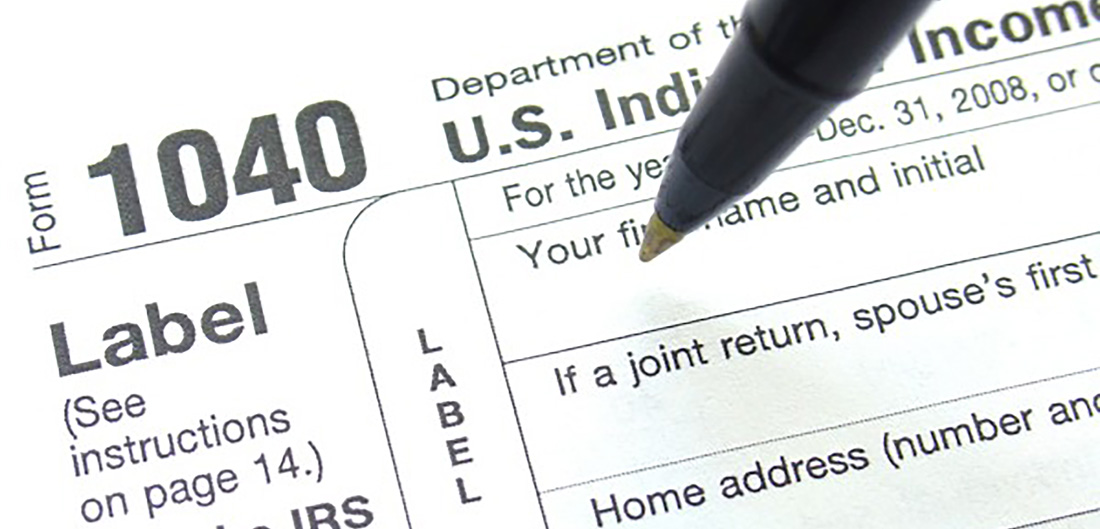 With the April 15 deadline fast approaching, people nationwide are preparing and filing their tax returns. But this is also a prime time for scammers who are eager to use your personal information for their financial benefit.
With the April 15 deadline fast approaching, people nationwide are preparing and filing their tax returns. But this is also a prime time for scammers who are eager to use your personal information for their financial benefit.
Here are some ways scammers try to use your tax info, as well as some tips to keep yourself safe:
Frivolous tax argument schemes
This scheme involves outlandish legal claims and is on the IRS’s top 12 list of tax scams for 2019.
Promoters of frivolous schemes encourage taxpayers to make unreasonable and outlandish legal claims to avoid paying their taxes. Time and again, these arguments have been thrown out of court. Furthermore, perpetrators of illegal scams, and those who make use of them, face criminal prosecution and civil penalties.
“Taxpayers have the right to contest their tax liabilities using IRS administrative appeals procedures or in court, but they are still obligated to follow the law,” the agency stated in a news release.
Identity theft
Even though reports of tax-related identity theft have declined markedly in recent years, the Internal Revenue Service warns that this practice is still widespread and serious.
The IRS recommends taking these precautions to protect your identity when filing your tax forms:
- Always use security software with firewall and anti-virus protections. Make sure the security software is always turned on and can automatically update. Encrypt sensitive files such as tax records stored on the computer. Use strong passwords.
- Learn to recognize and avoid phishing emails, threatening phone calls and texts from thieves posing as legitimate organizations such as banks, credit card companies and government organizations, including the IRS. Do not click on links or download attachments from unknown or suspicious emails.
- Protect personal data. Don’t routinely carry a Social Security card, and make sure tax records are secure. Treat personal information like cash; don’t leave it lying around.
Telephone scams
Telephone scams become more common as the tax return deadline approaches.
Sophisticated technology also allows the scammers to circumvent a caller ID by appearing to be the IRS or local authorities. However, the IRS will never call to demand immediate payment using a specific payment method such as a prepaid debit card, gift card or wire transfer. Generally, the IRS will first mail a bill to any taxpayer who owes taxes.
The IRS will never:
- Threaten to immediately bring in local police or other law-enforcement groups to have the taxpayer arrested for not paying.
- Demand that taxes be paid without giving taxpayers the opportunity to question or appeal the amount owed.
- Ask for credit or debit card numbers over the phone.
- Call you about an unexpected refund.
You can learn more about other common tax scams by visiting IRS.gov. If you think you’re being targeted by a scammer, or you’re not sure, click here for instructions on how to report the incident.
To help protect yourself if worst still happens, consider adding Identity Recovery Coverage to your homeowners or renters policy. You can learn more and get a quote by contacting your local Assure America agent. Assure America has locations in: Weirton, Wellsburg and Chester in West Virginia; Steubenville, Ohio; Louisville, Kentucky; and Pittsburgh, Pennsylvania.



Post Your Comment